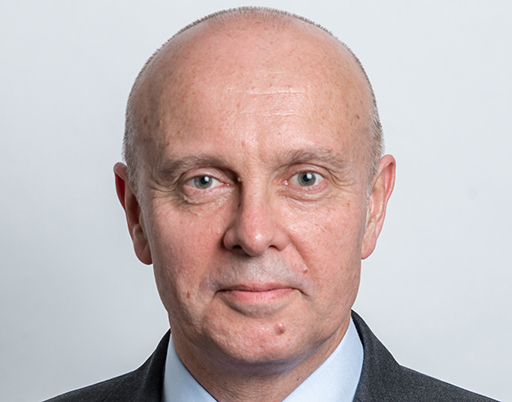Pharmacy News

PSNC Dukes: Better pharmacy contract “an absolute priorityâ€
In Pharmacy News
Stay up to date with all the news, learning and insight in the world of pharmacy.Bookmark
Record learning outcomes

PSNC chief executive Simon Dukes has said that austerity measures have seen pharmacists subsidising Government by protecting patient health at a loss, and that he sees it as “an absolute priority to find a better model”.
Formal negotiations for the 2019-20 community pharmacy contract began in recent weeks, but are not yet "substantive", Mr Dukes told the Local Pharmaceutical Committee conference in Birmingham on 26 September. He said that PSNC “will do absolutely everything we can to get the best deal for community pharmacy”.
Austerity biting
Mr Dukes commented that people outside the sector are “amazed” when he tells them about “the complexity and uncertainty of your funding – let alone the fact that many of you are dispensing at a loss… and effectively subsidising Government”.
Patients have been “insulated from the effects of austerity” as a result of pharmacists taking measures such as using credit and taking out loans. “This is no way to run a key part of the healthcare system,” Mr Dukes said. “It’s an absolute priority to find a better model.”
When asked if pharmacy funding should be based on the capitation model through which GPs are paid, Mr Dukes replied that it was unlikely the Government would agree to this but that it was worth exploring.
Another audience member asked whether the Government had specified a number of pharmacies that it was willing to support. Mr Dukes said “the figure is not something they will ever admit to,” but added that this was to be expected.
Prevention
Mr Dukes said he was broadly optimistic about the sector: “We have got leverage. There are severe pressures on the NHS and community pharmacy is well-placed to help them.”
Preventing ill health is a “core part” of the role Government envisages for pharmacy, he said, adding that health secretary Matt Hancock was particularly keen to focus on areas such as cardiovascular health and smoking cessation.
“Upscaling prevention is going to be a key part of our offer,” Mr Dukes said, arguing that this would take pressure of GPs and A&E departments.
However, he warned of the need to be firm about seeking appropriate remuneration: “We have to be wary of service creep – we have done a lot of things for free, and have to be way of doing more”.
Innovation
Mr Dukes said that while people he has spoken to including GPs, charities and politicians had positive things to say about the profession, “there is no money for doing the same thing.”
Delivering more preventative services and embracing technology – including “being part of the debate with Government and tech companies” – would be vital to the sector’s survival, he said.
When asked whether focusing on innovation ran the risk of setting the sector up for a fall by harming pharmacy’s dispensing function, Mr Dukes responded that dispensing volume would inevitably reduce over time – in part because the Government wants to supply fewer medicines and in part due to technological advancements. “Technology is here, that is fact,” he said.
He said that while he could not envisage a pharmacy sector without a dispensing function, the numbers were bound to change.
